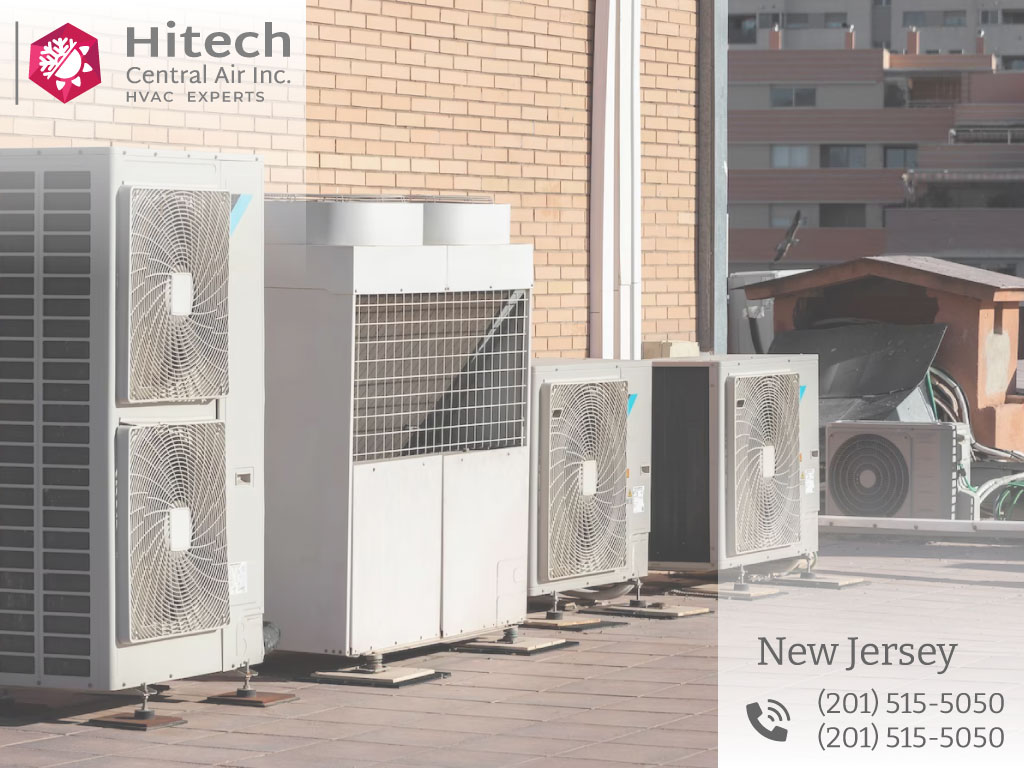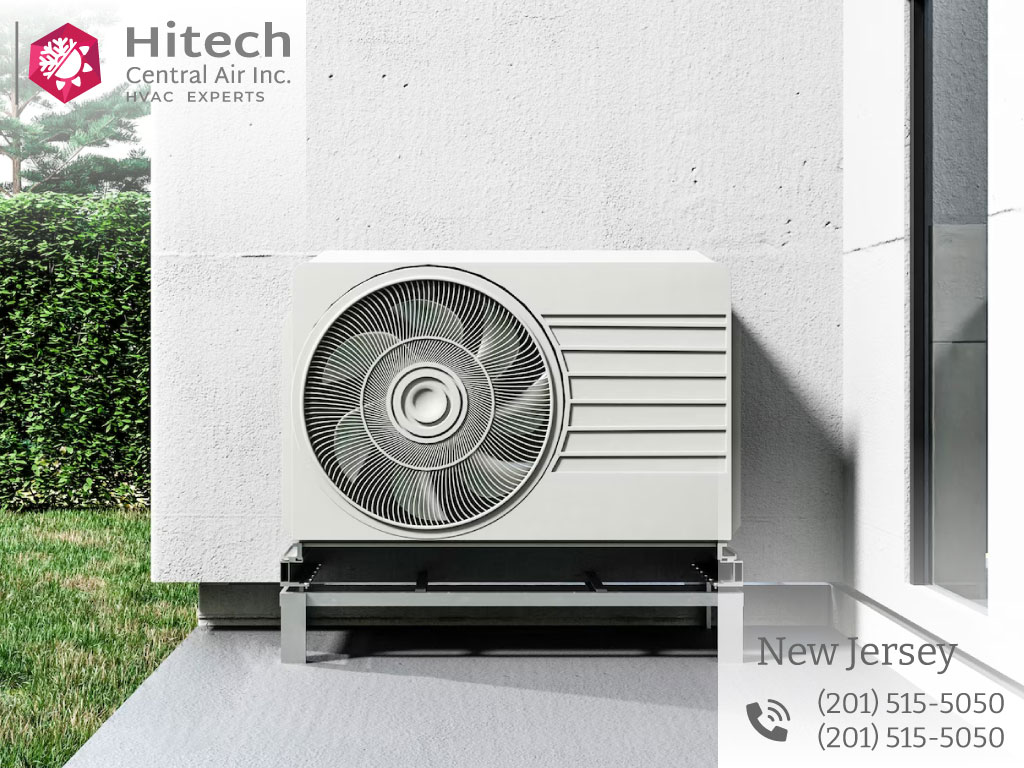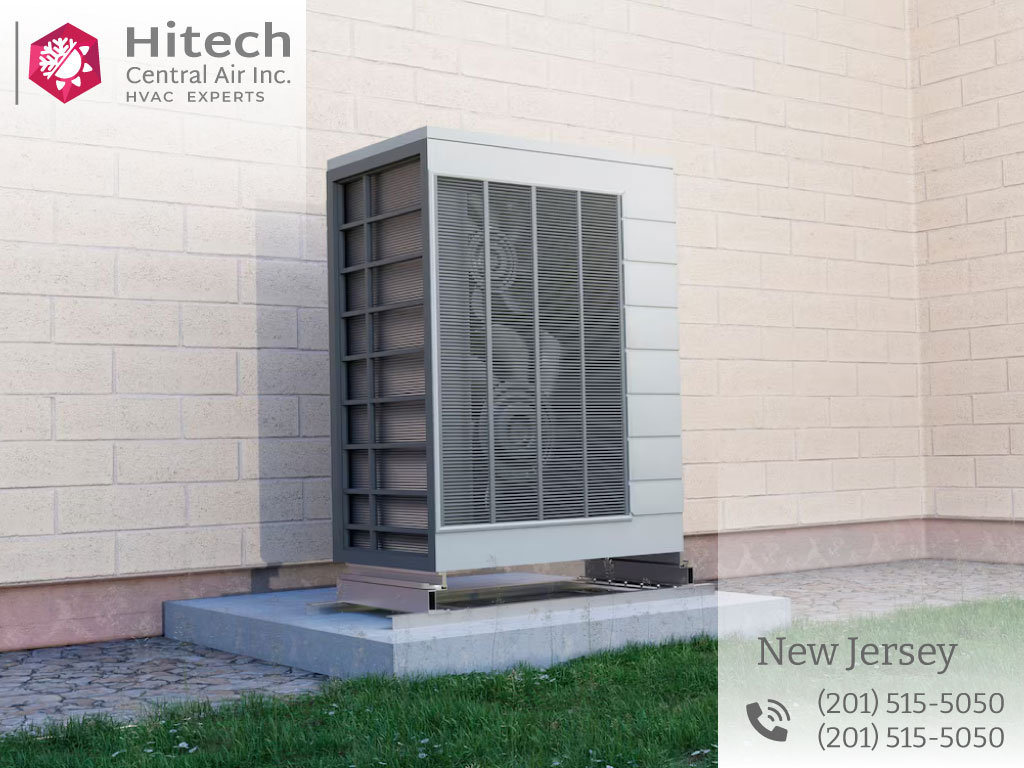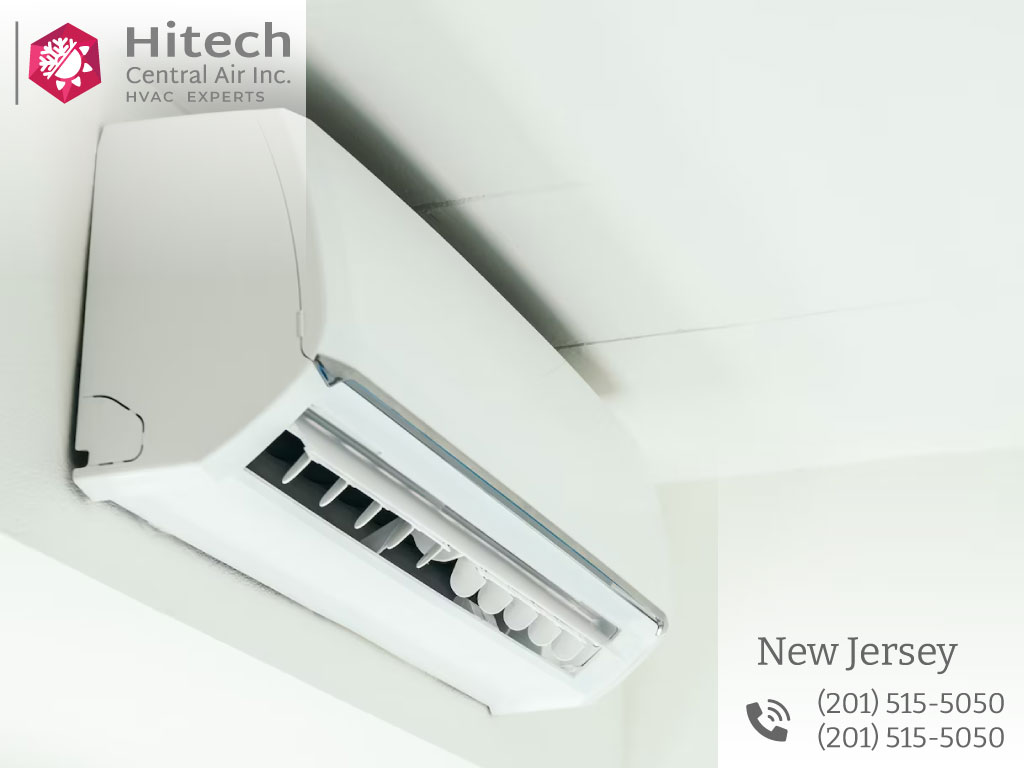

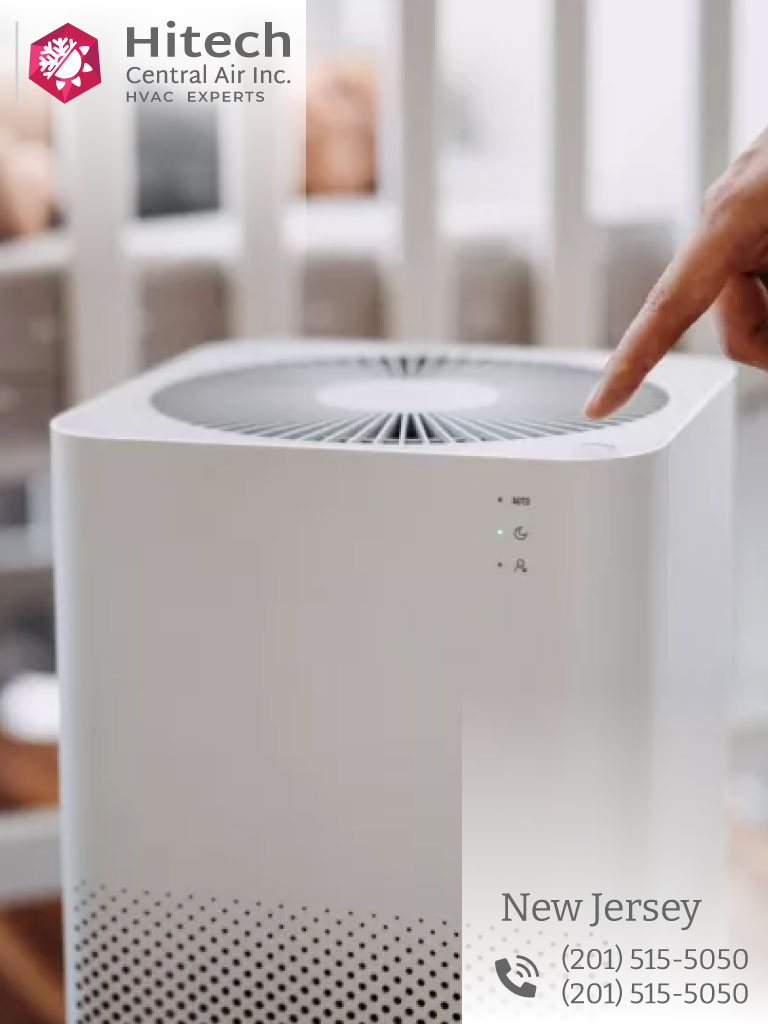
An air filter is an essential HVAC component for efficiency and comfort—but it’s regularly ignored.
Indoor air quality can impact your family’s health, particularly if there’s someone in your New Jersey household with allergies, asthma or other respiratory problems. Dust, pollen, pet dander and mold can aggravate symptoms, as well as volatile organic compounds. VOCs are chemicals located in common household items including cleaning products, furniture and flooring.
Today’s homes are more energy efficient. But they are sealed more tightly. This means the air inside your home can be more polluted than outside—often two to five times more, according to the Environmental Protection Agency.
There are techniques you can use to take charge of your home’s air quality:
Filtration is one of the most efficient techniques to clean the air that streams through your home. It traps particles as air moves through HVAC ductwork.
There are several kinds of air purification systems you can add to improve the air in your home. Service Experts Heating & Air Conditioning can advise you on what’s ideal for you. And you can relax knowing all our Expert work is upheld by a 100% Satisfaction Guarantee for a year.*
There are a couple of signs that your home could be improved by a filtration system.
A whole-home air purification system can handle pollution in your home’s air. And possibly bring relief to the asthma and allergy sufferers in your household.
Studies have found managing exposure to indoor allergens and tobacco smoke could counter 65 percent of asthma cases among elementary school-age children. And controlling biological contaminants like dust mites can also decrease childhood asthma cases by 55-60 percent.
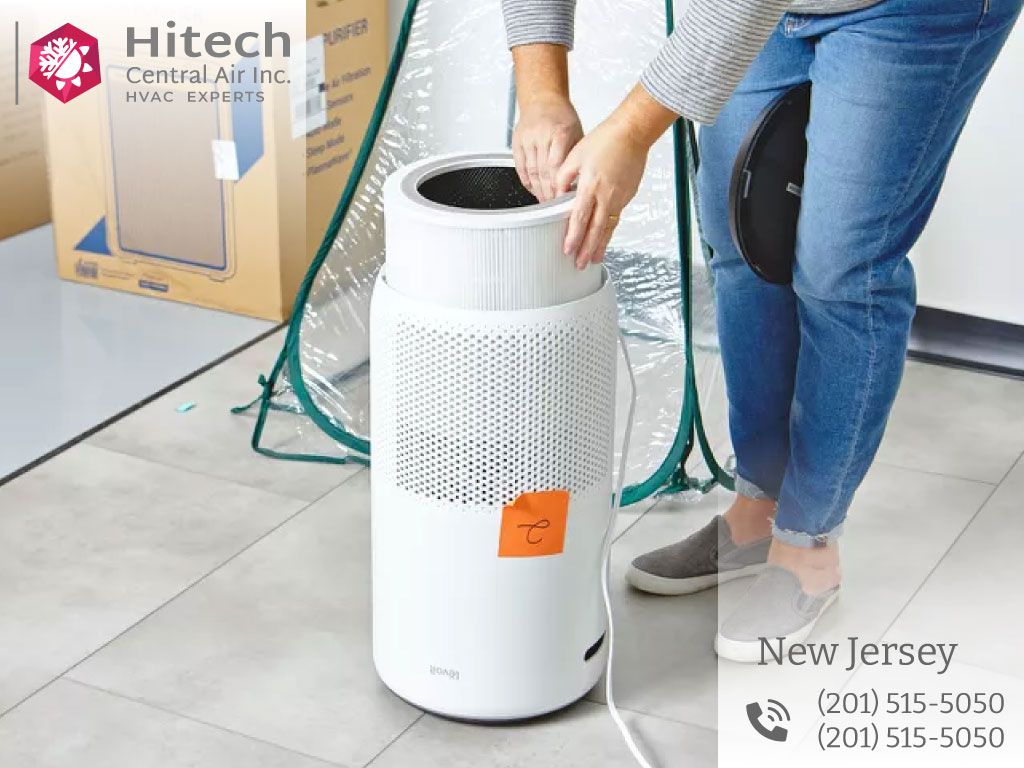
The High Efficiency Particulate Air, or HEPA, filter, was designed to keep scientists safe from radiation as they built an atomic bomb during World War II. Today these filters are regularly used in hospitals, science labs and even homes.
HEPA filters are rated to extract 99.97 to 99.99% of particles measuring 0.3 microns and bigger. This includes pollen, dirt and dust. A HEPA air cleaner with activated carbon filters can trap chemicals, odors and smoke.
These filters have a MERV rating of 1721, depending on the model. This rating demonstrates how effectively a filter can clear pollutants from the air.
Because of their high-efficiency filtration abilities, HEPA filters are deep and can restrict airflow. It’s important to check with Service Experts Heating & Air Conditioning to confirm your heating and cooling system can handle one.
Media air cleaners are sturdier than common air filters. They’re often four to five times wider—or more. This barrier mounts snugly against your HVAC unit.
Because its functional surface is usually around 10 inches, media filters are able to capture about 95 percent of particulates.
These filters stay fresher longer too, usually between three to six months.
There are a couple of electronic filtering systems you can use in your home.
An electrostatic filter uses magnetically charged components to capture. These washable filters are 97 percent effective at clearing tiny particles from your home’s air. Plus, they're also 30 times more effective than ordinary filters.
An electronic air cleaner uses a high-voltage magnetic charge to trap particles.
Some can erase the majority of indoor air pollutants—particles, germs, bacteria, chemical odors and vapors—by up to 99.9 percent. And reduce ozone, a known lung irritant, produced elsewhere in your home.
